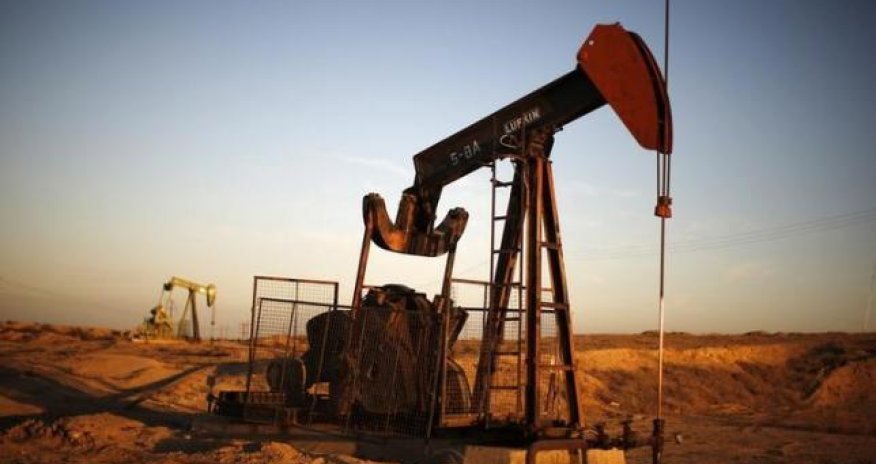Oil rises as Iran exports seen slow to resume after deal

Oil rose on Tuesday, reversing early losses and settling higher after it became apparent that a nuclear deal between Tehran and six global powers will not immediately remove sanctions placed on Iranian crude exports.
Under the agreement, sanctions imposed by the United States, European Union and United Nations are to be lifted in exchange for curbs on Iran's nuclear programme. But analysts said the fourth largest crude exporter will be able to raise oil shipments only gradually.
"Oil from Iran will take time to return, and will not be before next year, most likely the second half of 2016," said Amrita Sen, chief oil analyst at London-based consultancy Energy Aspects.
A Reuters survey forecast that Tehran will be able to raise crude exports by only 60 percent within a year.
Benchmark Brent crude futures settled up 66 cents, or 1.1 percent, at $58.51 a barrel. Prices had fallen almost $2 earlier, weighed by news of the Iran nuclear deal.
U.S. crude futures finished up 84 cents, or 1.6 percent, at $53.04 after declining earlier to $50.38.
In post-settlement trade, Brent and U.S. crude were both about 2 percent higher, after the American Petroleum Institute reported a 7.3 million barrel drop in U.S. crude stockpiles last week. A Reuters poll had called for a drop of just about 1.2 million barrels for last week. The U.S. government will issue official crude inventory data on Wednesday. [API/S] [EIA/S]
While Iran is unlikely to see much benefit from the nuclear deal until it ratifies and verifies its fulfilment, it will get immediate access to around $100 billion in frozen assets and to the international financial system that will allow it to resume some curtailed exports.
Sanctions have almost halved Iranian oil exports, to just over 1 million barrels per day. The global market, meanwhile, is oversupplied by about 2.5 million bpd.
Some say the additional supplies will lead to a new price war in crude. Others doubt the market will fall much.
"OPEC (the Organization of the Petroleum Exporting Countries) will, however manage total volume of oil into the global market," SEB Markets chief analyst Bjarne Schieldrop said. "There is no reason to drive the oil price substantially below $60 a barrel."
In the Middle East, Gulf-backed Yemeni forces recaptured Aden's international airport from Iran-backed Houthi militia fighters after heavy combat, adding to the geopolitical tensions around oil supplies from the region.
(reuters.com)
www.ann.az
Similar news
Similar news




































 Photo
Photo 



 Video
Video 

